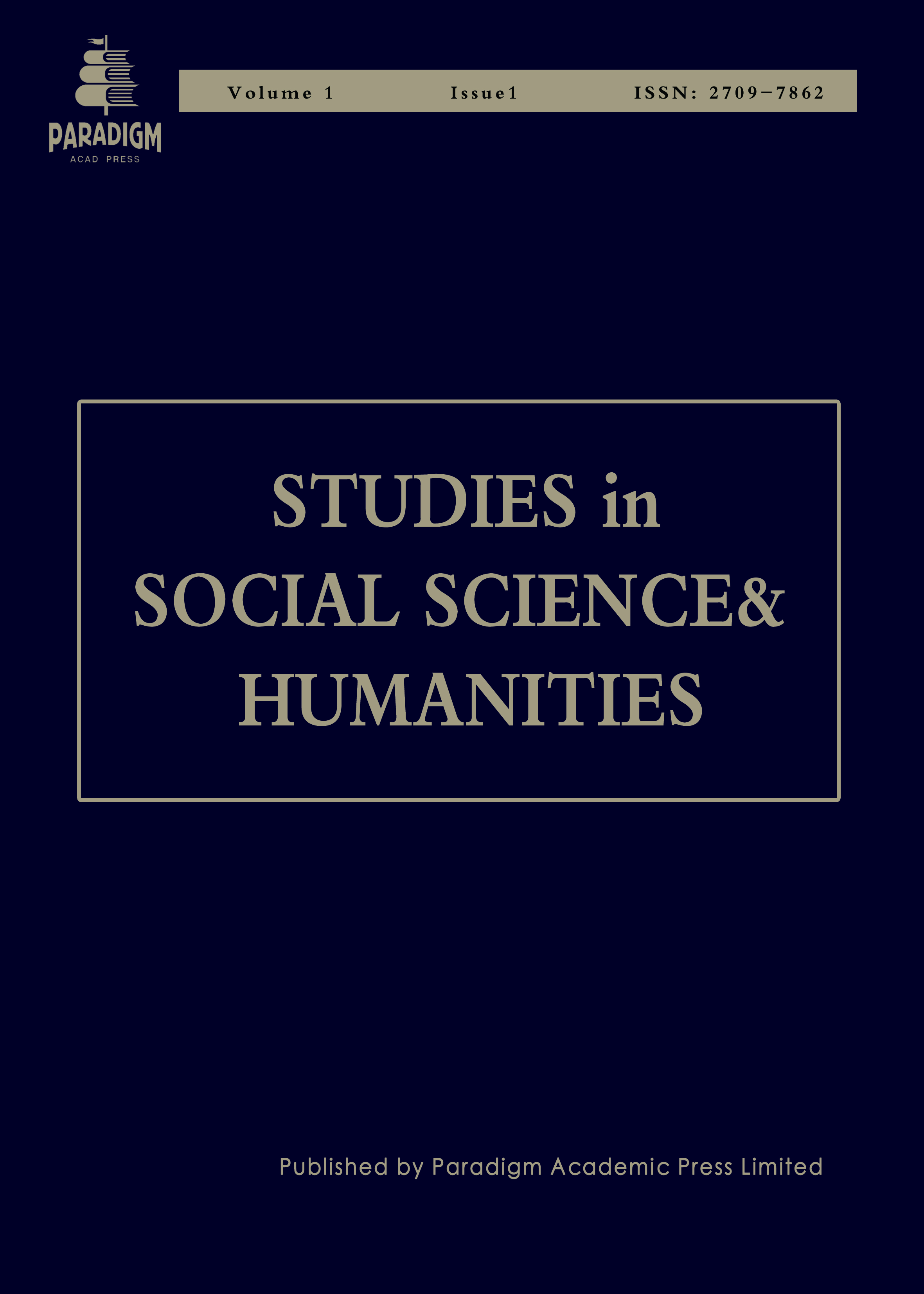Conflict and Migration Decision: Empirical Evidence from the North West and South West Regions of Cameroon
Keywords:
conflict, migration decisionAbstract
Numerous pathways exist to explain people’s inherent motive to migrate from one place to another and multiple factors may be at play simultaneously. The objective of this work was to explore the role of income, psychological and family ties in the non-migration decision in the English speaking regions of Cameroon. Based on data collected primarily from 510 individuals regarding migration decisions and it’s determinant based on a Snowball approach. It was found that individuals with low income had higher tendency of migrating. It was also found that people refused to migrate despite the risk because of family ties. On the other hand, psychological factors have no significant effect on migration decision. Policy recommendations are also discussed.


